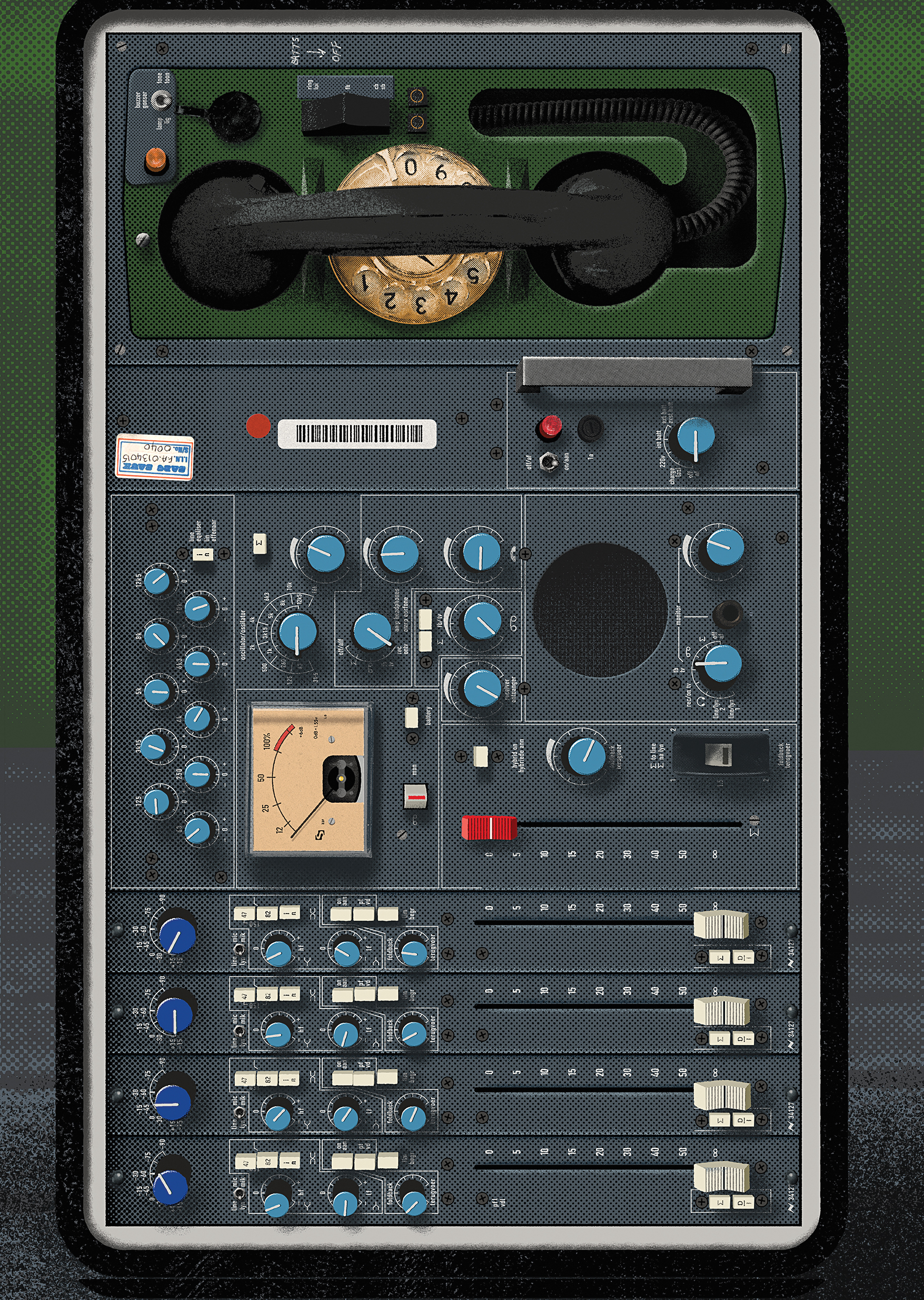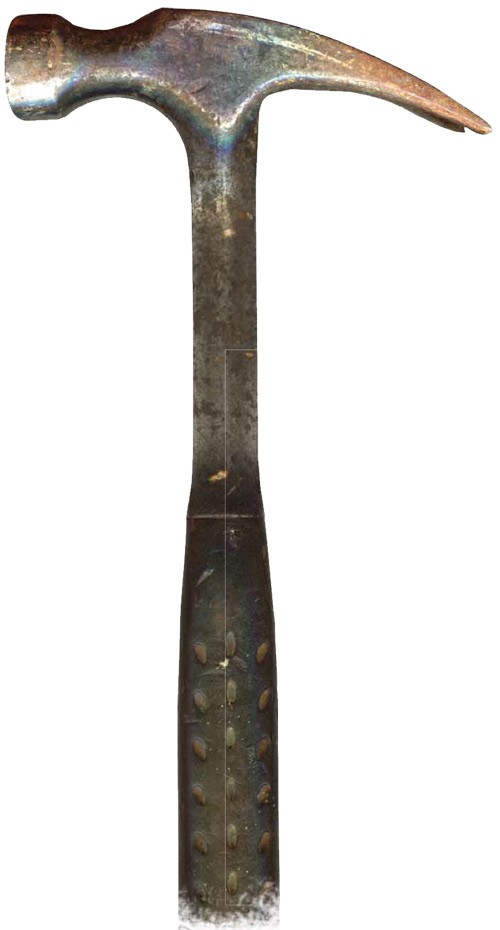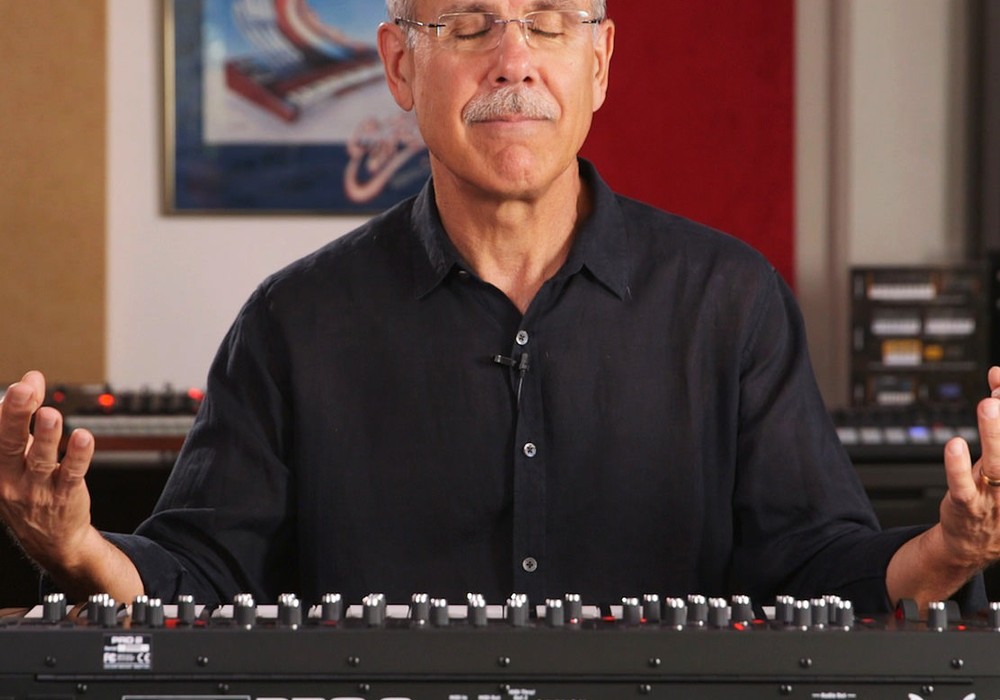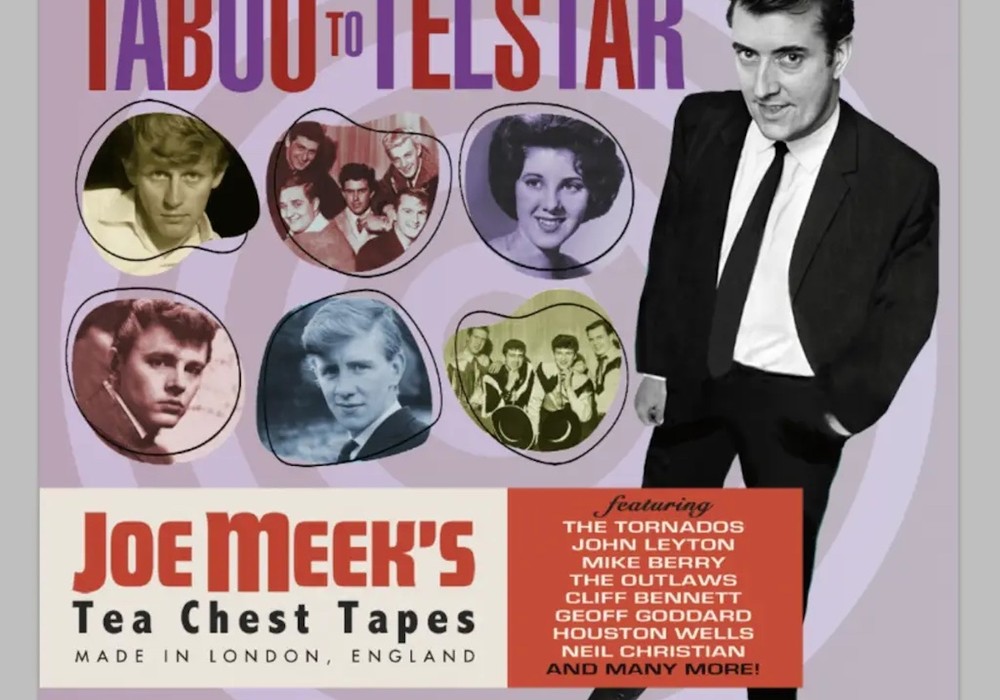It was at a recent trade show, after a major DAW manufacturer cancelled our meeting, that I realized I was relieved to be off the hook. I always enjoy meeting with this person, and I use and like their products. But I was relieved to not hear about some new software/hardware improvement, one that I would eventually be forced to purchase and painfully install. In most cases, I never look forward to these software upgrades. The word "upgrade" is a bit of an oxymoron. We get a batch of new features, but they are usually ones I don't care about. Everything on my computer begins to run slower and gets a bit more buggy. Great. I usually have to update my OS, and then other applications that previously worked fine suddenly seem to need to be changed as well. To be fair, every second or third major update of my current DAW seems worthwhile.
I would rather pay my DAW provider a yearly fee to keep my current version working well on my system, rather than constantly dealing with this. Sure, there are a few features that seem nice, but in the end I'd rather keep working with the tools I have rather than learn new ones. Of course there's also the issue of all the purchased plug-ins that stop working. Can I at least get those to keep working? I know it takes a ton of work and man-hours to keep updating code to work with new operating systems, as well as other changes, and that work has a very real cost attached to it. Nonetheless, as I was getting a demo of the latest iZ Technology RADAR system at the same trade show, I couldn't help but be attracted to it's simplicity and single purpose utilitarianism.
Software companies and gear manufacturers please take note: I believe there is a market for simpler, more stable, recording tools. I've spent so much more money on (now obsolete) digital recording software and hardware than I ever did on tape machine maintenance and tape head relapping. I really like working on DAWs, but I wish my tools performed their functions well and didn't require constant updates.
Let's take carpentry as an analogy. I've been getting into woodworking again, several decades after my last high school wood shop class. One of the primary tools for any carpenter is a hammer. Once you find a hammer you like, the more you use it, the more you learn its nuances and how to use it efficiently. After a year or so of using the same hammer, it's like an extension of your arm. I have a spokeshave of which I feel that way about. (This is a carving tool that shaves thin slivers of wood.) It takes a bit to get the hang of it at first, but now I know intimately how it will interact with a piece of wood, and with the grain of the wood. I can't really say that about any audio software, as interfacing with it is a constantly moving target. It would be like showing up to your carpentry job and being given a slightly different hammer and spokeshave to work with every day.
I am sure I'm not alone in this. I'll bet there are lots of audio professionals that would happily pay for simple, stable tools. As a business model, a company wouldn't be constantly reselling the same basic product on a yearly basis, but their research and development costs would be much lower and they'd have a customer base of devoted users. At the various trade shows we attend, I often hear a piece of software or hardware described as a "Swiss Army Knife." Folks, the Swiss Army Knife is a survival tool. Does anybody really want to build a house or cook a meal with a Swiss Army Knife? Nope! I have a really nice Wusthof chef's knife I use every night when I cook dinner, and I'm never tempted to upgrade or replace it. I simply keep it sharp and it does its job.
I've focused a bit more on the problem of software here, but hardware designers, please take note as well. There is a reason the Teletronix LA-2A and Fairchild 660 limiters are such popular tools. They sound great and they're very easy to use, with minimal knobs and adjustments. Some current companies understand this, but others are making their version of Swiss Army Knives. I've owned some of these pieces of gear; but they never see much action and I eventually sell them off on eBay.
Just give me a hammer.






